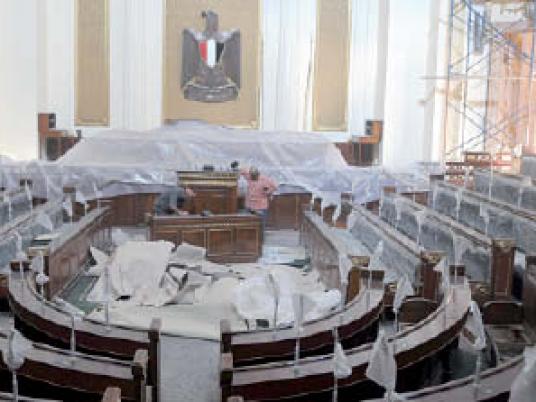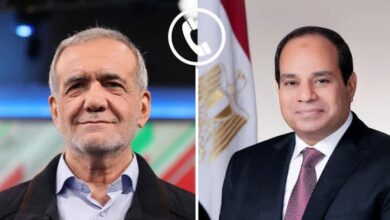
Transparency International urged on Saturday governments in the Middle East and North Africa region, with an emphasis on Egypt and Tunisia, to improve the integrity and transparency of their political processes.
In a press release at the global anti-corruption organization’s third and final regional roundtable convened in Cairo this week, the organization confirmed that over sixty representatives and experts from civil society, governments and the private sector across the region gathered to discuss how to promote integrity as a key benchmark in holding political office.
“Recently passed constitutions in Egypt and Tunisia make this an opportune time to emphasize transparency and integrity for those entrusted in representing voters who have elected them,” said Peter Eigen, founder of Transparency International.
“Transparency International research has shown that political parties and parliaments are considered among the most corrupt institutions in the region,” said Eigen. “Governments should toughen prosecutions for corruption and repeal immunity for corrupt officials in a demonstration of genuine commitment towards democratic transition.”
Participants at the roundtable put forward recommendations that governments should apply and that civil society should monitor. Some of the recommendations included that legislators should criminalize illicit enrichment of public officials and allow for confiscation of all unlawful assets. They also recommended that anti-corruption agencies should cooperate with electoral commissions in monitoring political campaign financing.
Participants included that legislators should criminalize political parties unduly influencing voters and that governments should fully enforce legislation on conflicts of interest of high level government officials. They also emphasized that governments must pass laws that make it harder for officials to abuse their power while holding public office and meaningfully contribute to fighting corruption in the Middle East and North Africa.




